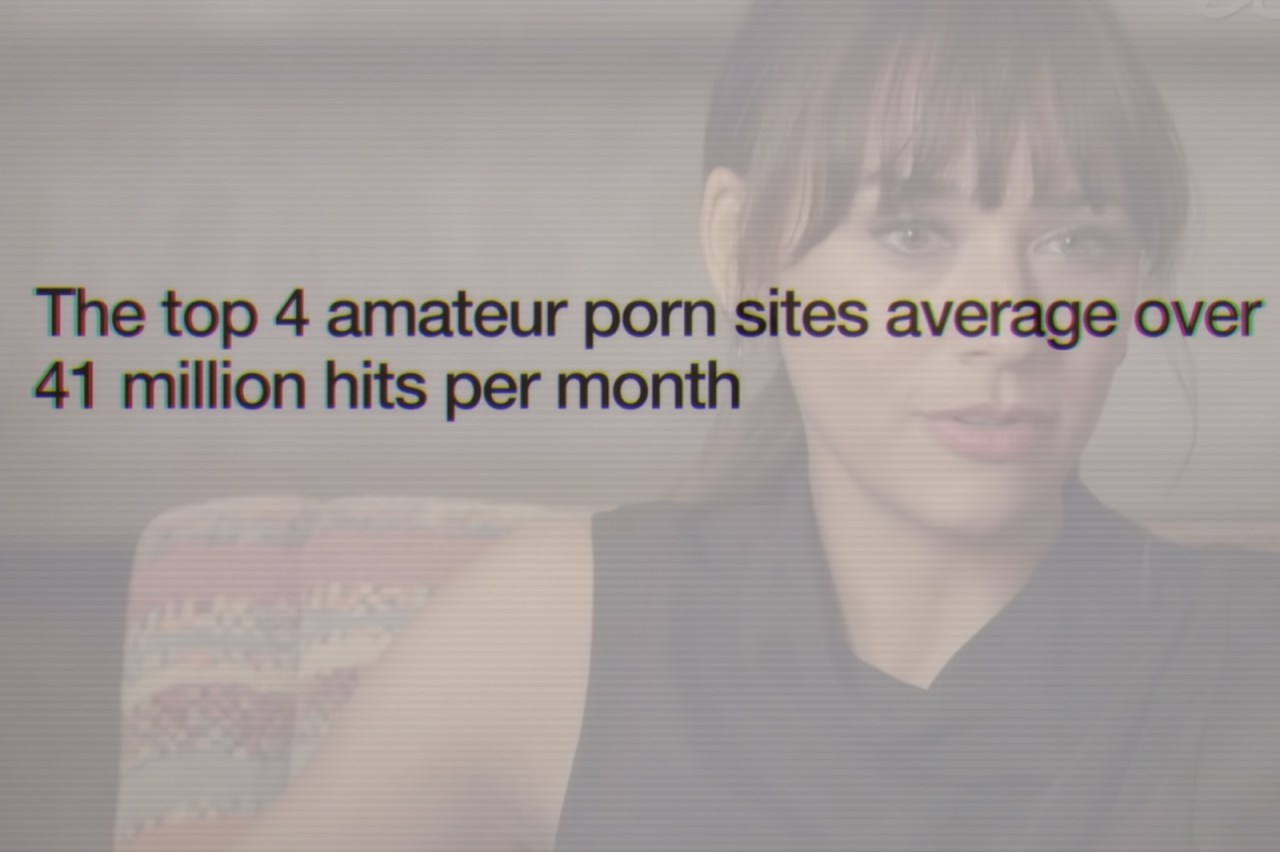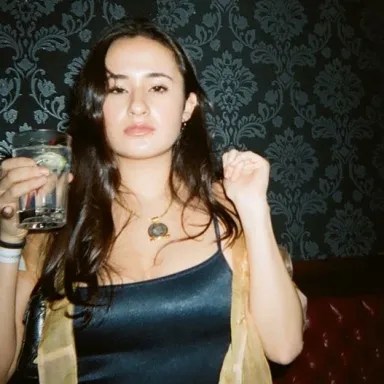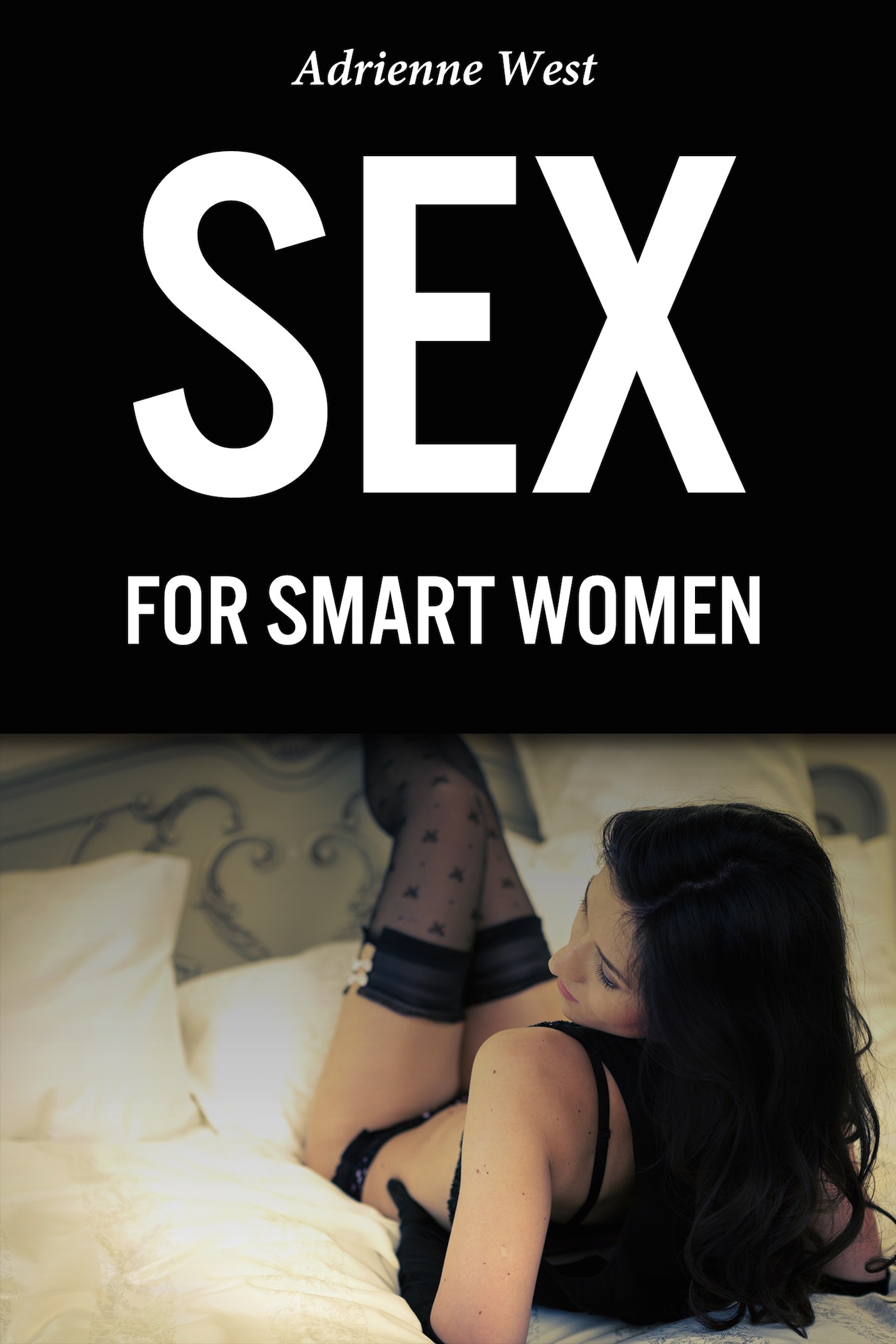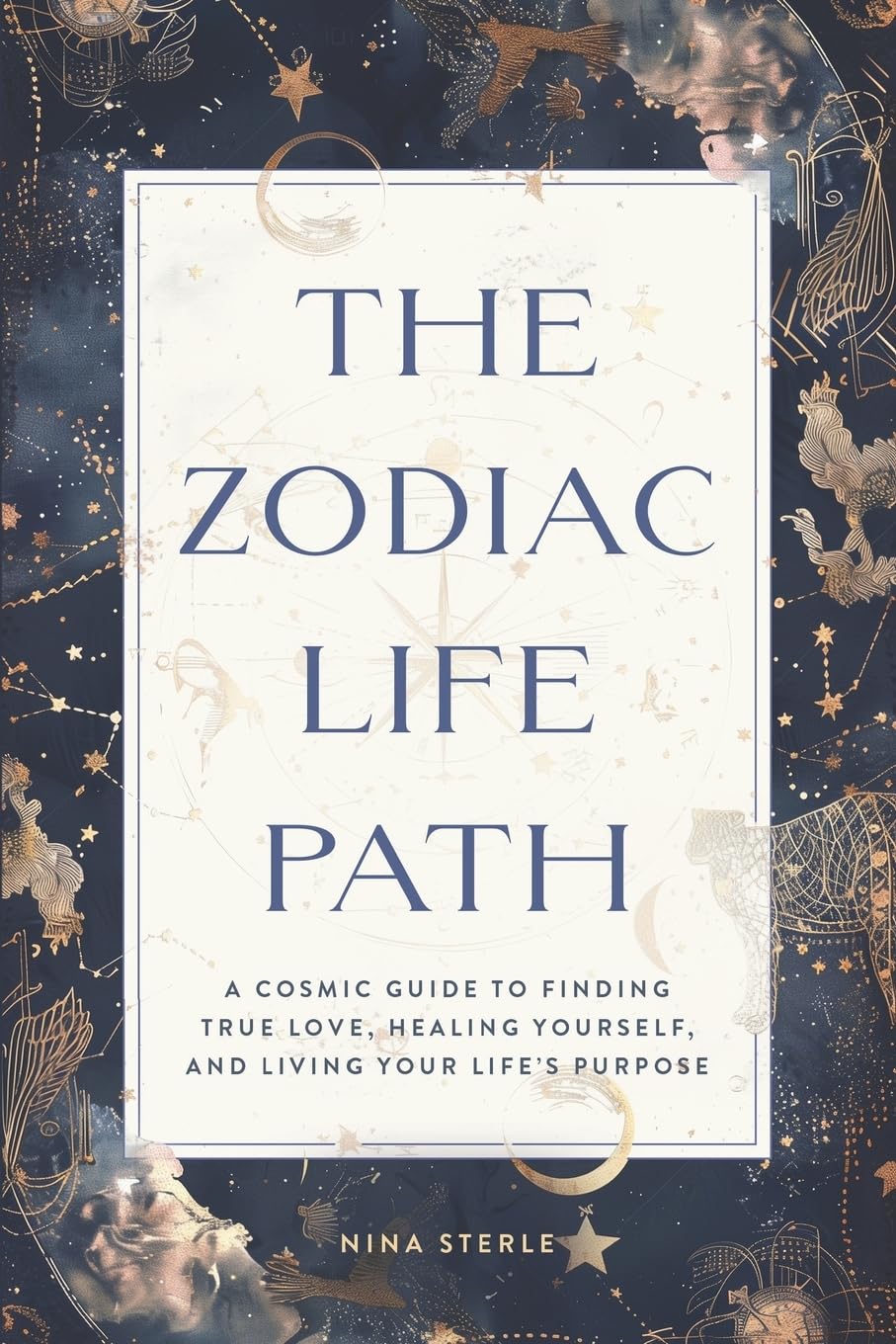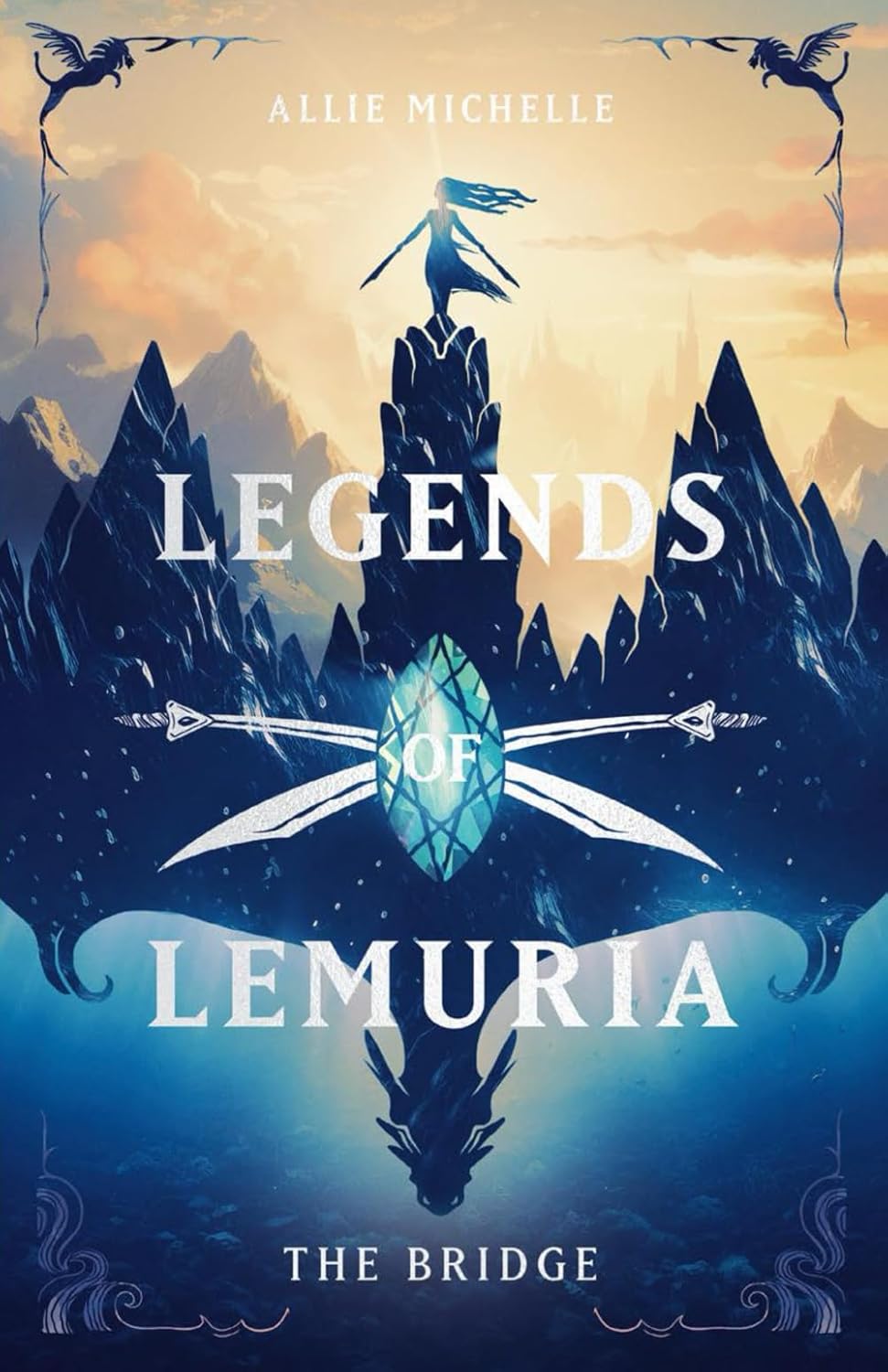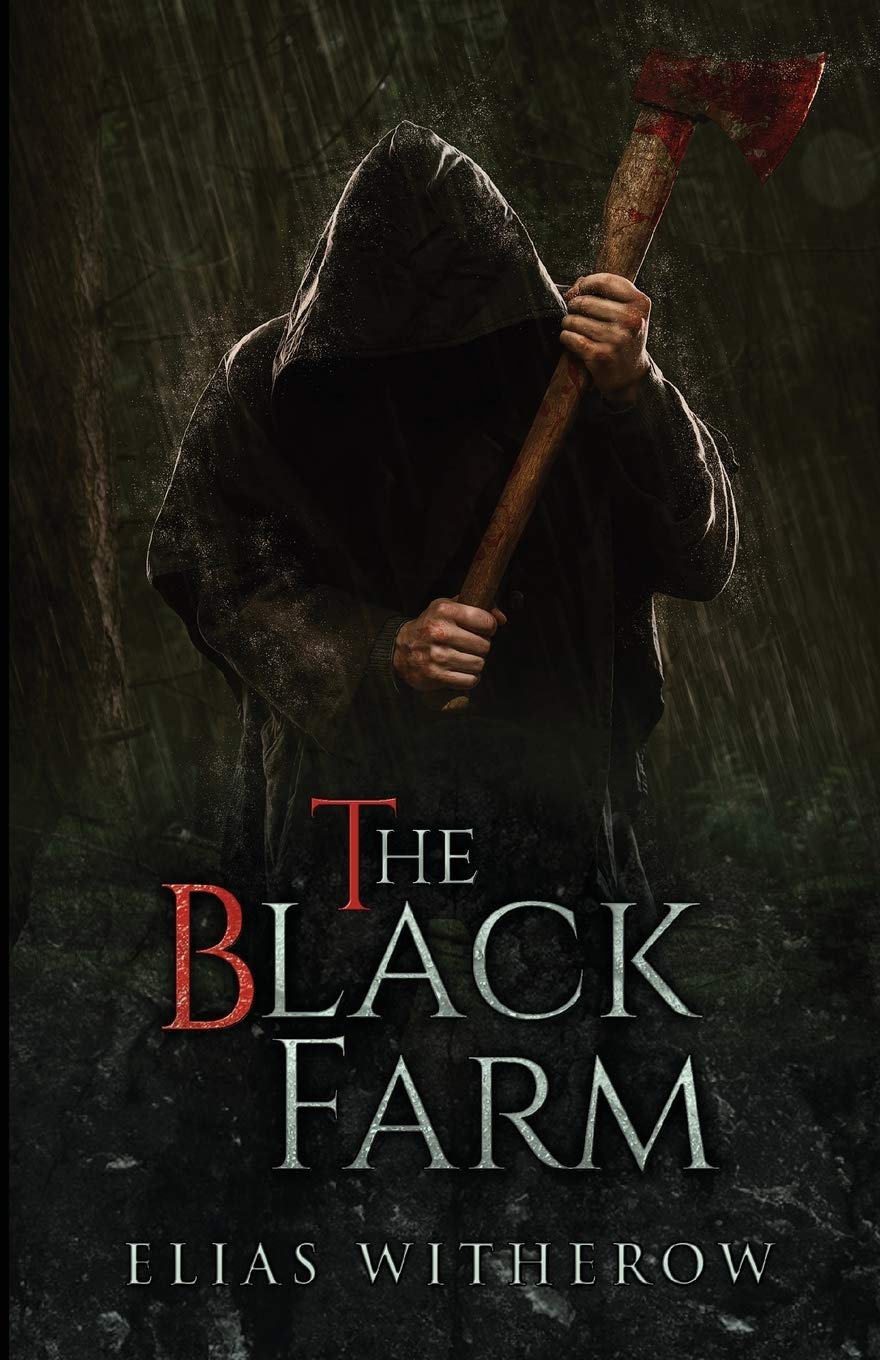Editor’s Note: While this article was first published in 2015, we have updated the ephemeral time references so it reads more smoothly. The New York Times has reporting from 2017 on Rashida Jones’s contiuned thought evolution from this film.
Looking radiant and effortlessly cool, comedy-actress-turned-writer-and-producer Rashida Jones sat down for an interview in 2015 to discuss Hot Girls Wanted with Vice Magazine. If you haven’t seen the film—which premiered at Sundance and is available for streaming—you might want to check it out. It’s still on Netflix.
ADVERTISEMENT
Before diving into Rashida’s interview, here’s a quick rundown of the film:
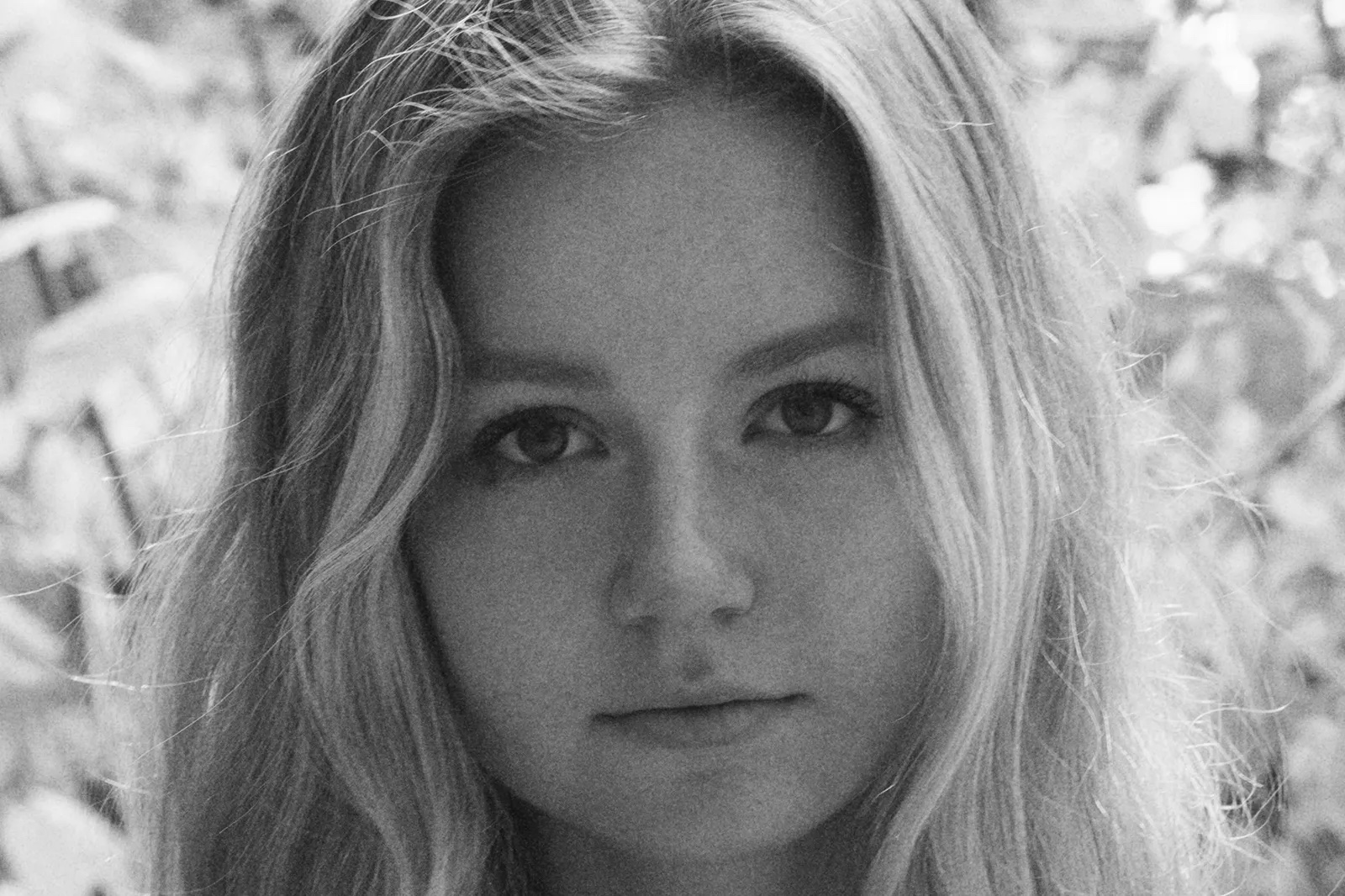
I’m carrying something deep within me, something that feels heavy and haunted, something I’ve tried so desperately to control and manage on my own.
For The Sin You Can’t Talk About
Hot Girls Wanted follows young women, including Tressa and Rachel, who are recruited via online ads by a predatory agent offering them a shot at the adult film industry. These newcomers move into a shared house in Miami, where they take their first steps in porn. Initially, they describe their experiences as positive—safe, empowering, and lucrative. However, as the film unfolds, the darker realities emerge. The emotional and physical tolls of the industry become painfully clear, especially after they are coerced into degrading and abusive shoots. Realizing the cost far outweighs the benefits, Tressa and Rachel ultimately walk away to pursue other paths.
MAY 2025 CASH FORECAST

5 Zodiacs About To Be Hit With A Sunburst Of Cold Hard Cash
When you randomly come across some money: it feels like the universe is giving you a little gift, a reminder that sometimes, good things just happen out of the blue.
You should check if your zodiac sign is one of them here.
On a broad level, I don’t take issue with the existence of porn, and neither does Rashida. The problem, as we see it, is how mainstream porn—especially amateur content centered around naive young women—shapes cultural norms about sex. It encourages a perspective where men are expected to perform with detached dominance while women’s pleasure, agency, and boundaries are sidelined.
“I have no problem with porn as adult entertainment,” Rashida says when asked about her views. “I think it’s great that we have the freedom to explore our sexual fantasies and that we have tools to do that. The problem for me is that there’s no regulation in the industry. The average age when someone first watches porn is incredibly young. That would be fine if ‘porn’ meant a broad range of content, but often it includes violent and exploitative material. Learning about sex from that is dangerous.”
Rashida’s point echoes my own perspective. Porn isn’t inherently bad, and it’s become more accepted in mainstream culture as attitudes about sex have evolved. However, the issue isn’t porn itself—it’s the way much of it reinforces misogynistic tropes and rape culture, reducing women to objects whose worth is tied solely to their sexuality. This isn’t just a theory; I see it in real life. I see it in the way young men, raised on hardcore porn, approach intimacy without concern for a woman’s pleasure. I see it in the way pop culture increasingly borrows from porn’s aesthetics without discussion or critique.

Horoscopes For Today
Horoscope For Today: Friday, July 18, 2025
Today, July 18, 2025, the Aries Moon adds to the Cardinal energy, which makes this the perfect landscape to take charge…
Tarotscope For Today: Friday, July 18, 2025
Your accurate tarot reading for 07/18/2025, based on your zodiac sign.
Powered by Collective World
Rashida elaborates: “I had a tipping point with pop culture—maybe this makes me of a different generation—where I saw so much imagery in one week that was just fully inspired by porn and stripper culture. It felt like something we were forced to accept. It wasn’t suggestive or sensual—it was just, ‘Here is my body, fully exposed.’ And the underlying message was that a woman’s worth comes from her sexuality. That’s limiting.”
Her argument has been met with criticism, with some calling her perspective outdated or prudish. But I don’t see it that way. Like Rashida, I’m not interested in shaming anyone for how they present themselves. What concerns me is the way young girls absorb these messages. When I see teenage girls posting hypersexualized selfies, it’s clear that porn’s influence has left a lasting imprint. Self-objectification is normalized, and the lines between consent, agency, and cultural conditioning blur when barely-legal women enter the industry believing it’s their best path to success.
“When you’re 18, you’re not thinking about the long-term impact of footage online,” Rashida points out. “You’re not considering the psychological and emotional costs. You’re thinking about the fame. And at 18, you’re legally allowed to make that decision, but that doesn’t mean it’s always an informed one.”
Like Rashida, I don’t have a definitive solution. I’m not here to say porn shouldn’t exist or that women shouldn’t be free to profit from their own bodies. But I do think we need to ask tougher questions about why so many young women see adult film as a viable career path and what happens when the industry inevitably discards them. The conversation isn’t about restriction—it’s about awareness.
Trending
Rashida leaves us with a thoughtful reflection: “I don’t think we’ve gone backwards when it comes to women’s rights. It’s complicated. Women are now embracing power and success in a way that mirrors the classic, capitalistic male ideal: ‘I make money, and that’s all that matters.’ There’s value in that, but also danger, because it overlooks the deeper costs. Why does sexuality have to be our primary currency? It’s just so limiting. But the fact that we’re having this discussion means we’re still moving forward.” — Rashida Jones, professional boss and critical thinker.


